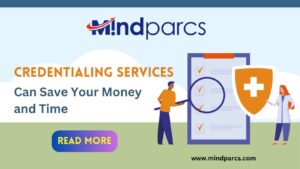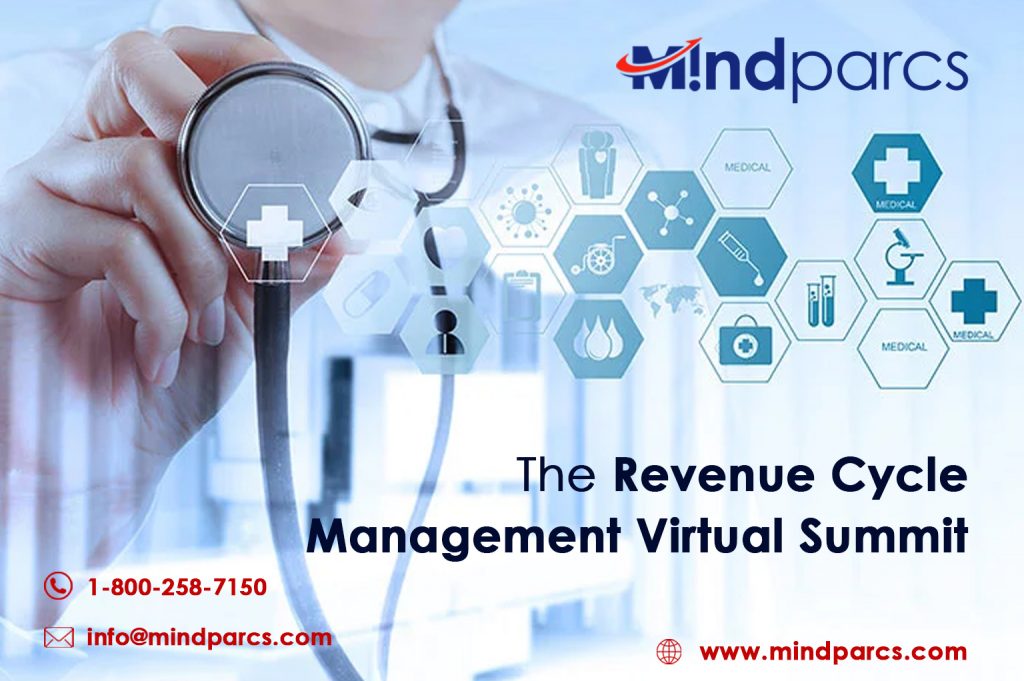
How Credentialing Services Can Save Your Money and Time
Save Your Money and Time with Credentialing Services Assume that spending months hardly, hiring a physician for your practice, setting up the workspace, hiring staff,

There were three major challenges that was the main topic of the Revenue Cycle Management Virtual Summit. Workforce, claim denial prevention and the Patient financial experience.
Working remotely, denial prevention and the Patient financial experience are major challenges for the healthcare industry according to leaders of the summit.
This Summit took place in September and it brough in revenue cycle directors, C-suite executives, and various other leaders from healthcare industry to discuss these challenges and what are the opportunities in revenue cycle management.
This year summit leaders discussed top revenue cycle management which were how to boost productivity while working remotely, preventing claim denials and best practices and consumerism while optimizing the patient experience.
Working from home or telework used to be a perk that only some employers allowed Now, there are a lot of healthcare organizations using a remote-first strategy approach for not just their own staff but also new hires.
Remote work is here to stay, and this has helped employers reduce their real estate footprint. Most employees don’t want to go back. Cutting back on real estate allows employers to maximize benefit packages for employees.
Before COVID-19 some employees were allowed to work from home, but that percentage quickly jumped with the onset of the pandemic. With productivity measures in place, these jobs are now staying remote and some in the healthcare industry is using the remote-first strategy to fill in workforce gaps.
Some Healthcare systems such as The University of Kansas Health System is keeping many of its revenue cycle personnel staff at home or wherever they feel comfortable working, since remote work has also helped to address the worldwide staff shortages.
A strong IT department will ensure all staff will be equipped to work remotely in a secure manner.
With staff working remotely, establishing productivity and quality metrics for staff is key for success. It was found it may take a little more time to work accounts since technology is a part of the workflow.
Having automation in place, revenue cycle staff are working the more complex processes and technology can handle some of the other processes.
With high deductibles and out of pocket costs, patients are responsible for much of their care. Providers are focusing on the patient experience that will help with the billing and collection workflow and not to mention this is a way to retain a total lifetime customer.
In doing so, providers need to realize that most patients are seeking a modern and engaging experience, and not just on the clinical side of the organization.
Patients are healthcare consumers because they shop around for not only the best experience but also quality of provider care, convenience of location, and the capability to schedule on their own terms.
Using online tools and text-based communications has been key for a lot of providers. Organizations have also implemented online appointment management, lab results, and provider communication, this creates a true patient experience.
Coding correctly and submitting a clean claim to insurance companies decreases the chance of denials according to the speakers at the summit. In the Value-based world, providers will do the bulk of the medical coding ensuring accuracy and ultimately preventing claim denials a revenue cycle management veteran stressed at the Revenue Cycle Management Virtual Summit.
Healthcare systems have been implementing a robust onboarding process, which includes coding compliance regardless of a physician’s experience. Getting ahead of potential coding issues or questions is important, as is the tools and templates created in the EMR.
Technology and education set the foundation for claims denial prevention, especially in a value-based world. Under value-based contracts, physicians are even more key to coding and clinical documentation. Quality information is needed in order not to risk payment and other incentives.

Save Your Money and Time with Credentialing Services Assume that spending months hardly, hiring a physician for your practice, setting up the workspace, hiring staff,

How Robotic Process Automation Improves Revenue Cycle Management Based on providers goals, technology in healthcare industry is evolving in various form, especially on Revenue cycle
